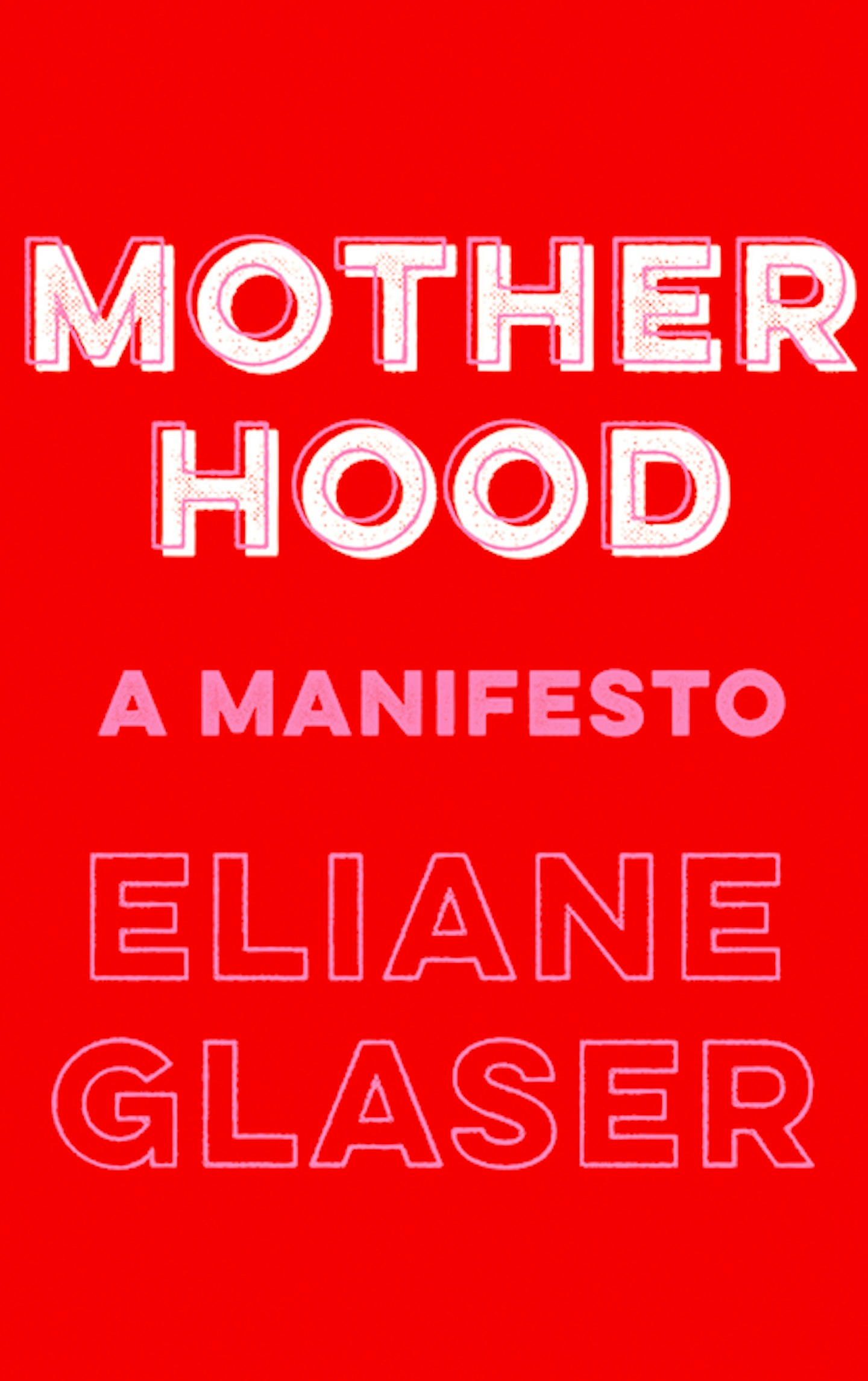One dark morning in the depths of lockdown, I found myself trying to tidy the kitchen while my son was asking for help with his maths, my daughter was in the loo calling for paper, and my laptop stood open on my desk as a constant reminder of work undone. Even in the strangest of times, I was struck by how it all felt like business as usual.
The lockdowns made mothers’ lives ten times worse, with homeschool, disproportionate redundancies, and women forced to give birth, or miscarry, without their partners. But they have also revealed that there is something very wrong with our everyday normality. Domestic confinement, multitasking, monotony interrupted only by trips to the supermarket: all this has been drearily familiar. Many mothers’ lives are one big lockdown.
Welcome to my world, I felt like saying to men startled by the sudden disappearance of their public lives. But for those accustomed to early morning commutes and only seeing their kids for half an hour in the evening, wfh was a refreshing change. Capitalising on this enthusiasm, companies from Aviva to Facebook are now switching to remote working as the norm – at least for those whose job involves sitting at a computer. Haven’t you heard? The office is dead. But for me it’s a lifeline – especially in an age when family and community networks have fallen away. Just because fathers have discovered the benefits of flexible working, that shouldn’t mean mothers are permanently excluded from the world of work.
I never returned to the office after my daughter was born nearly a decade ago. Like many women I know, the mismatch between work and family caught up with me when I had my second child, and 9-5 seemed possible only by hiring an unaffordable nanny or moving to Finland. Staring at a screen in near-silence for seven hours a day also felt curiously lifeless compared to the raw vitality of looking after a baby. The haze and whirl of the early years seemed as if it would go on forever. It doesn’t. But by then it’s difficult to get back in.
Technology has supposedly liberated a new generation of self-employed ‘mumpreneurs’ to work from home. But freedom doesn’t feel quite so attractive in the bleak isolation of your kitchen. I have managed to cobble together a creative portfolio career, but there isn’t a single day when I don’t feel guilty and conflicted. When I’m looking after the kids, I’m prone to sneaking off to look at my emails for a little ‘break’. The emails are never very restorative. And then one of them walks in before I’ve finished that never-ending task, and I feel bad for opening the laptop, and bad for being cross with them for interrupting.
And despite the downsides, I miss having to go to an office: the unthinking mandatory routine, the shared purpose, the sense of belonging.
A 2020 University of London study found that mothers spent more than twice the amount of time as fathers home-schooling their kids.
So many of my successful friends have compromised or renounced their ambitions, settling for part-time mummy-track jobs that are lower status and lower paid. Many freelance from home reluctantly, because it fits around school. And from there, inequalities are reinforced yet further.
The lockdowns have also laid bare the stark childcare and housework gap that exists within even apparently progressive, open-minded partnerships. A 2020 University of London study found that mothers spent more than twice the amount of time as fathers home-schooling their kids. In a survey by the New York Times, nearly half the men interviewed thought they were doing the bulk of home-schooling, but only three per cent of women agreed. The ONS found that mums provided two-thirds more childcare than dads; one mother told researchers: ‘I feel like a 1950s housewife.’ Even when they had the chance to split things equally, most dads declined.
The home is harder to regulate than an office: imbalances develop imperceptibly. Idealistic couples may set out determined to parent equally, but before you know it, there’s an unspoken assumption that if you’re at home, surely you can just pop a wash on, and sort dinner, and since you’re in the area, you might as well do pickup.
The parenting expertise gap starts to widen during maternity leave. And many fathers resist acquiring these boring competences, just as some male employees somehow never learn how to unjam the printer. Mothers start to treat their partner as another child, scolding them for forgetting the snacks or grabbing the non-waterproof coat. This is sometimes called the maternal gatekeeper syndrome, but ‘gatekeeper’ implies that mothers have real power. In reality, dominion over the domestic sphere is thin gruel. The dad’s refuge is outside in the public world, where he spends more and more of his time.
Maintaining equality in parenting is a job in itself. My husband is unusually hands-on, but we’ve still had to have difficult conversations about why I get so exasperated when he only shops for that evening’s dinner rather than the next few days, and just how long it takes to nit-comb a ten year old (for the fifth time this term). The mental load is the iceberg submerged beneath the visible tip of washing and tidying. ‘It’s easier if I do it’ I snap for the hundredth time as I resentfully arrange that playdate because I’ve got the mum’s number in my phone.
The shiny future currently being touted by employment strategists may normalise requests for flexible working, but it also threatens to conceal something rather more retrograde: the redoubling of women’s unpaid labour behind closed doors. If going in becomes optional, how many mothers will insist on it?
Real progress will come not from firms reducing real estate costs in the name of work-life balance, but from universal policies such as a shorter working week for all. We need not more work from home, but less work altogether. Zooming with kids around is a miserable zero-sum game. Unless such policies are mandated top-down by government, individual fathers’ choices will always be measured against an outdated archetype of macho presenteeism, and mothers – too often our own worst enemies – will resentfully take up the slack.

